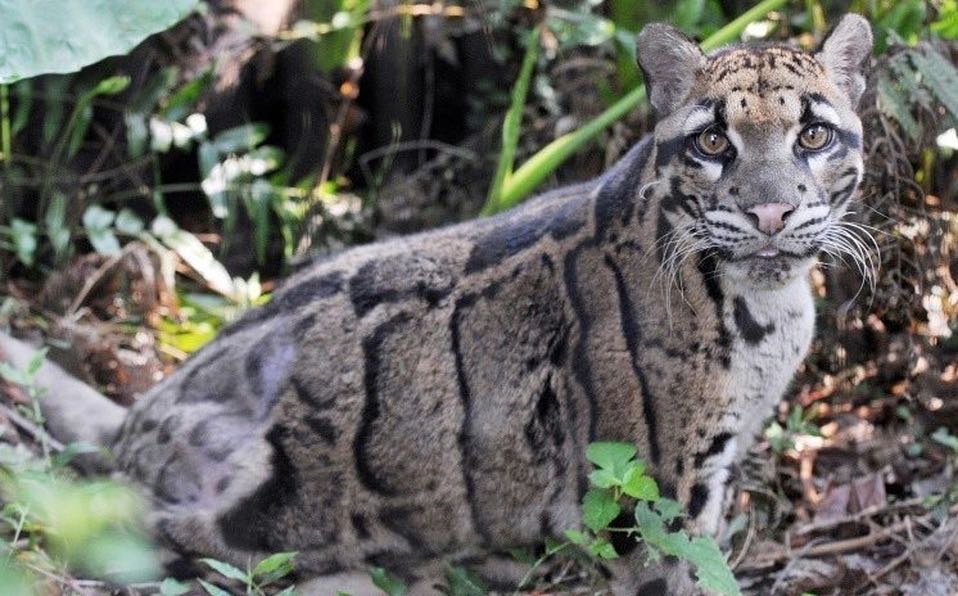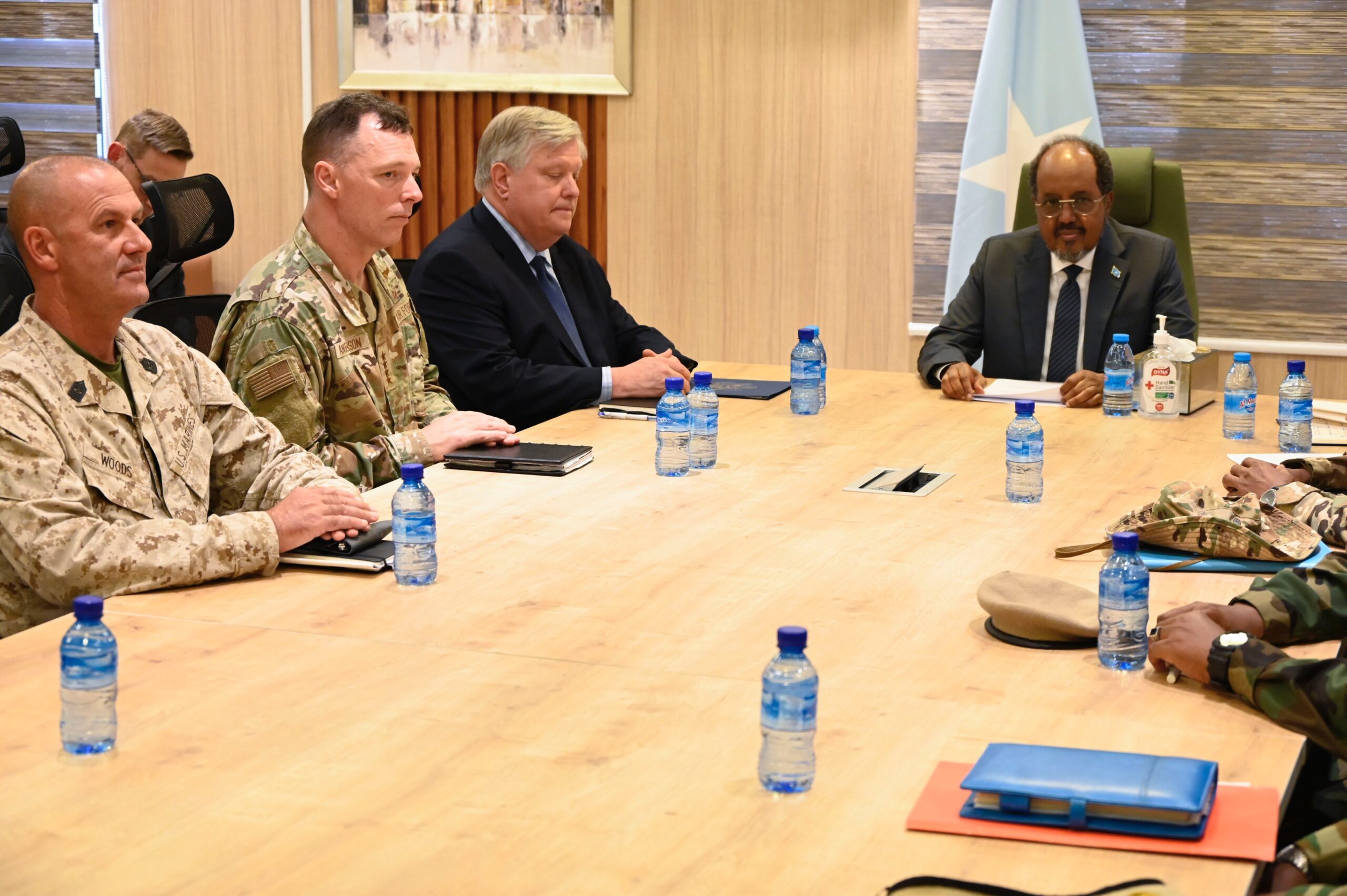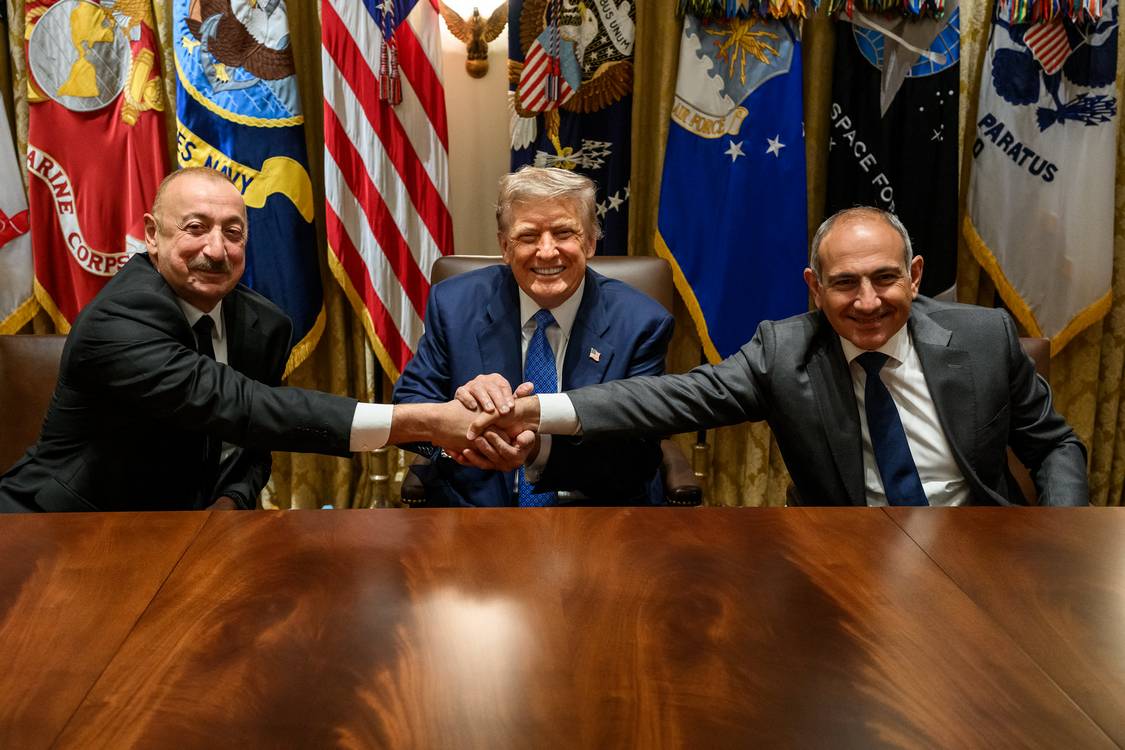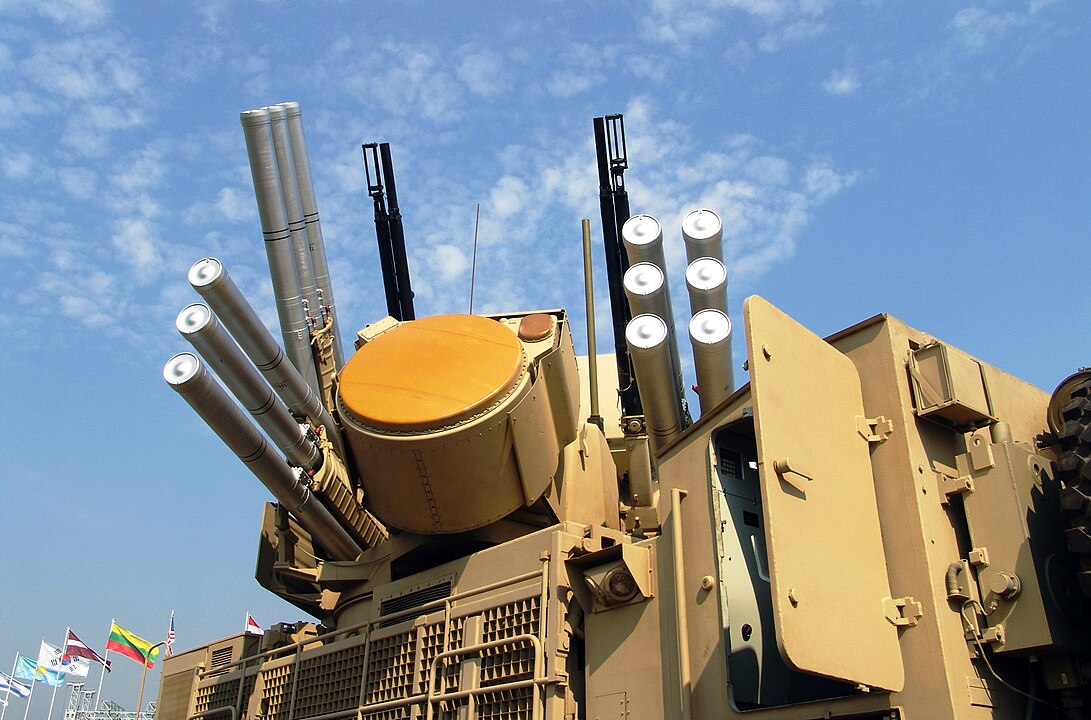PICTURED: Demonstrators take part in an anti-NATO protest ahead of the NATO summit, held on June 28th and June 30th in Madrid, Spain. PC: Reuters / Isabel Infantes.
“I am fed up (with) this business of arms and killing people. The solution they propose is more arms and wars and we always pay for it. So, no NATO, no (army) bases, let the Americans go and leave us alone without wars and weapons,” said Concha Hoyos, a retired Madrid resident, told Reuters.
Señor Hoyos was just one of between 2 and 5 thousand people that demonstrated in Madrid against NATO as a European security entity, while a summit of the alliances’ leaders convened in the city.
NATO themselves described the summit as ending with “far-reaching decisions to transform NATO,” into something Hoyos and others fear far more than Vladimir Putin and Russia—an intervention tool continually absorbing public budgets and minds while it finds a reason for existing.
At the summit, weapons were pledged, almost $2 billion worth, to Ukraine. Turkey secured a security pact with Finland and Sweden, clearing their way to entrance into NATO, which Turkey previously vetoed, and alliance members voted to increase the Rapid Response Force in Europe to well over 300,000 men, up from 40,000.
The Unites States, central no doubt to this transformation, announced the military was sending two squadrons of F35 stealth bombers to Britain, two naval destroyers to Spain and thousands of troops to Romania.
“We are going to support Ukraine as long as it takes,” Biden said at a press conference, before adding that Americas must be ready to pay historic-high gas prices “as long as it takes,” to facilitate that support.
But the alliance didn’t get bogged down in Ukraine. Their historic transformation included Australia, South Korea for the first time, Japan, and New Zealand, in order to “address challenges” posed by China, as well as recommitting “to the fight against terrorism, and addressing NATO’s response to threats and challenges from the Middle East, North Africa and Sahel”.
Whether the protesters knew what was happening or not, their worst fears were already coming to pass.
“When the USSR disappeared, what happened was that NATO didn’t disappear as well,” Manuel Pardo, a spokesman for a number of anti-NATO movements, told Reuters. “In fact, it took advantage of there not being a counterpower to reinforce NATO as an intervention tool”.
PICTURED: A small group of men and women. PC: NATO.
An intervention tool
BBC security correspondent Frank Gardener interviewed several heads of NATO member states and their aids during the summit, and surmised that none of them seemed to bear any interest in attempting to return Europe to a state of peace.
To wit, UK Foreign Secretary Liz Truss said that the only moment when a ceasefire might be considered is when Russia is driven out of Ukraine and held responsible for alleged war crimes. She did not comment to national news regarding whether that statement included Crimea, which has happily been under Russian control since 2014.
Dave DeCamp at Antiwar reported that White House officials have spoken to the press that they privately doubt Ukraine can win back all the territory Russia has captured since it invaded; a goal Zelenskyy has set as his victory conditions.
But the Pentagon, in an article about the NATO summit, quoted NATO Sect. General Jens Stoltenberg in a way that suggests it doesn’t matter whether or not they win, or whether or not they join NATO. This war has given defense ministries carte blanche to spend billions militarily, if not institutionally, integrating Ukraine into NATO.
“Over the longer term, we will help Ukraine transition from Soviet-era equipment to modern NATO equipment, boost interoperability and further strengthen its defense and security institutions,” Stoltenberg said.
If Ukrainian armaments are interoperable with NATO, they’re a NATO country as near as makes no difference. Major weapons manufacturers will tend to produce material under NATO specifications, or non-NATO specifications, which tend towards Russian and their Collective Security Treaty Organization (CSTO).
This is just one extremely significant development to come out of the summit. The announcement that the policies of the People’s Republic of China “challenge NATO’s interests, security and values,” is the first time NATO has made such a designation of the East Asian powerhouse.
The “North Atlantic” Treaty Organization has designated a full two-thirds of the world’s landmass, perhaps more, as it’s area of interests, security, and values. That’s a statement that the citizens of every NATO member state need to be fully aware of.
“Of course, we are also opposed to Putin… but we also think that the response to Putin can’t be the militarization of our societies,” protestor Andrea Polanco, told Reuters.
Putin is far from the final justification for the militarization of NATO societies.




